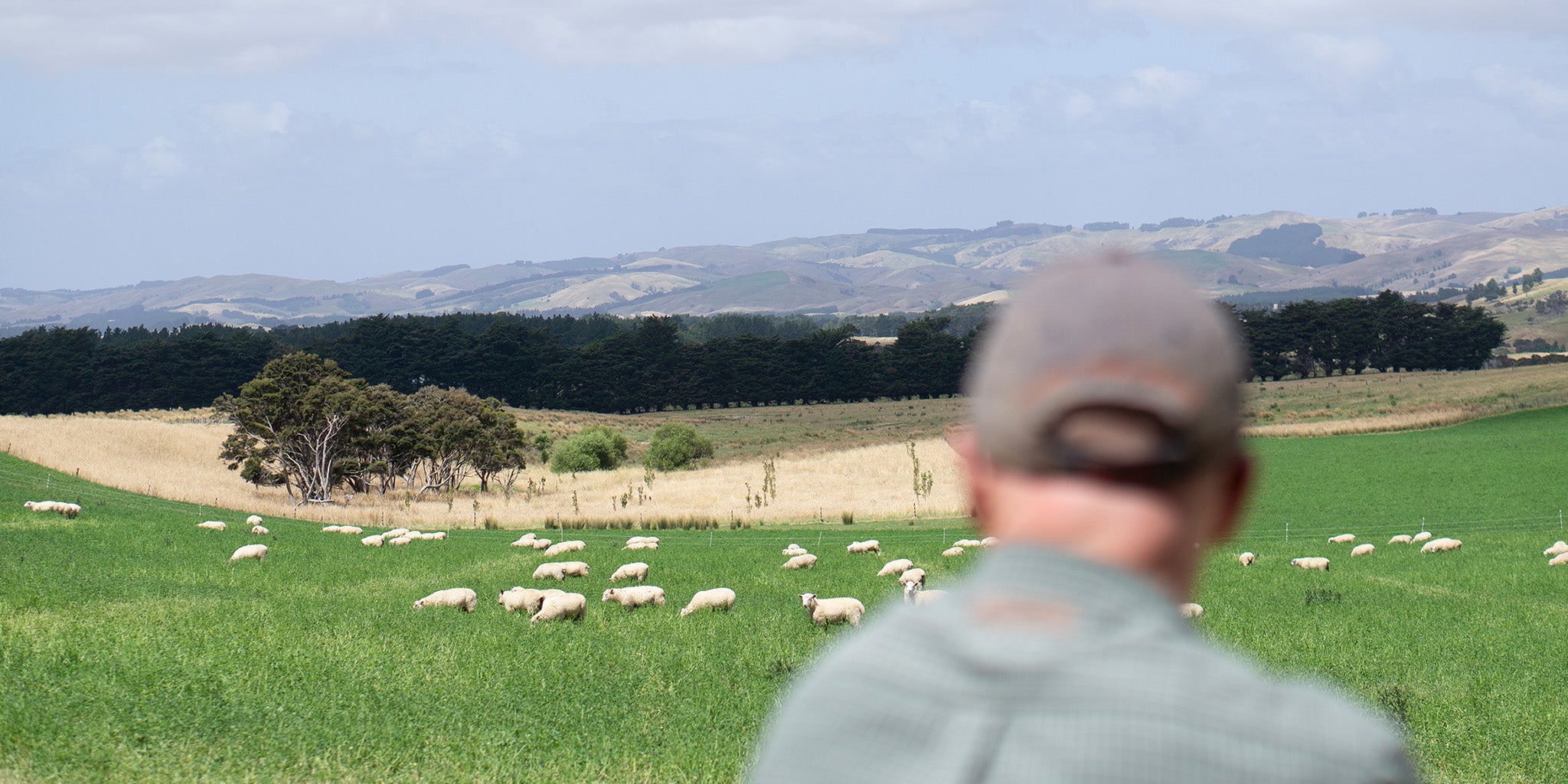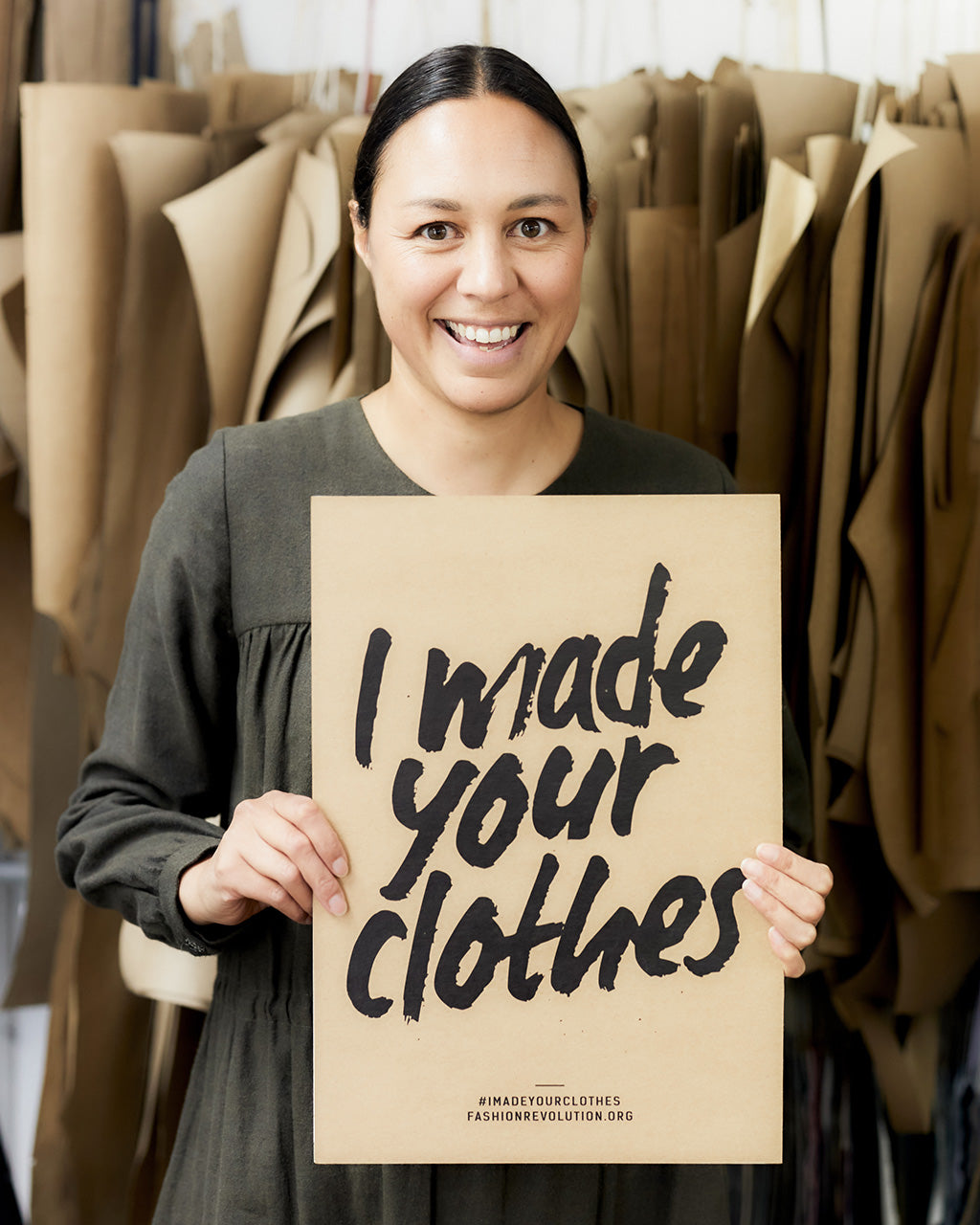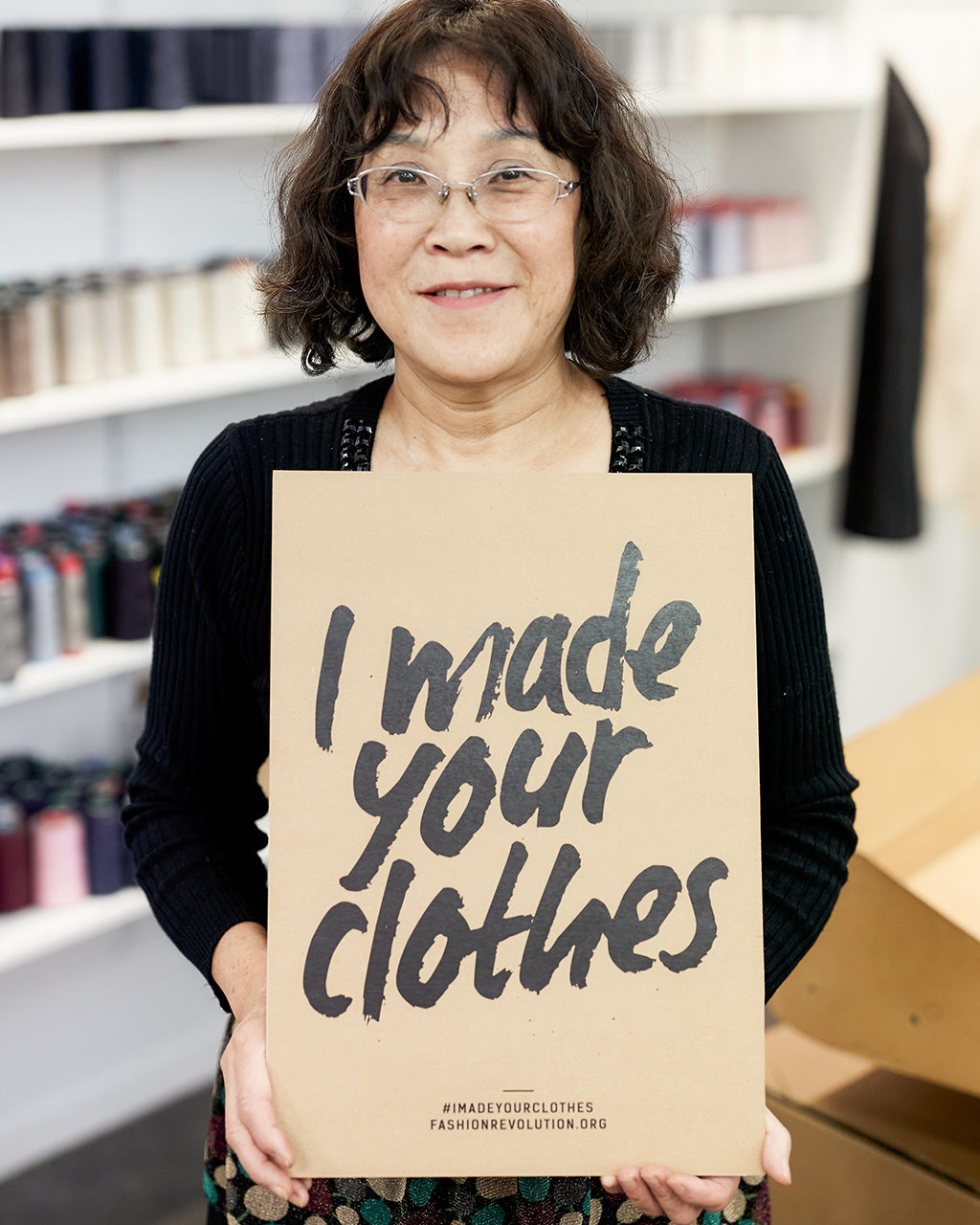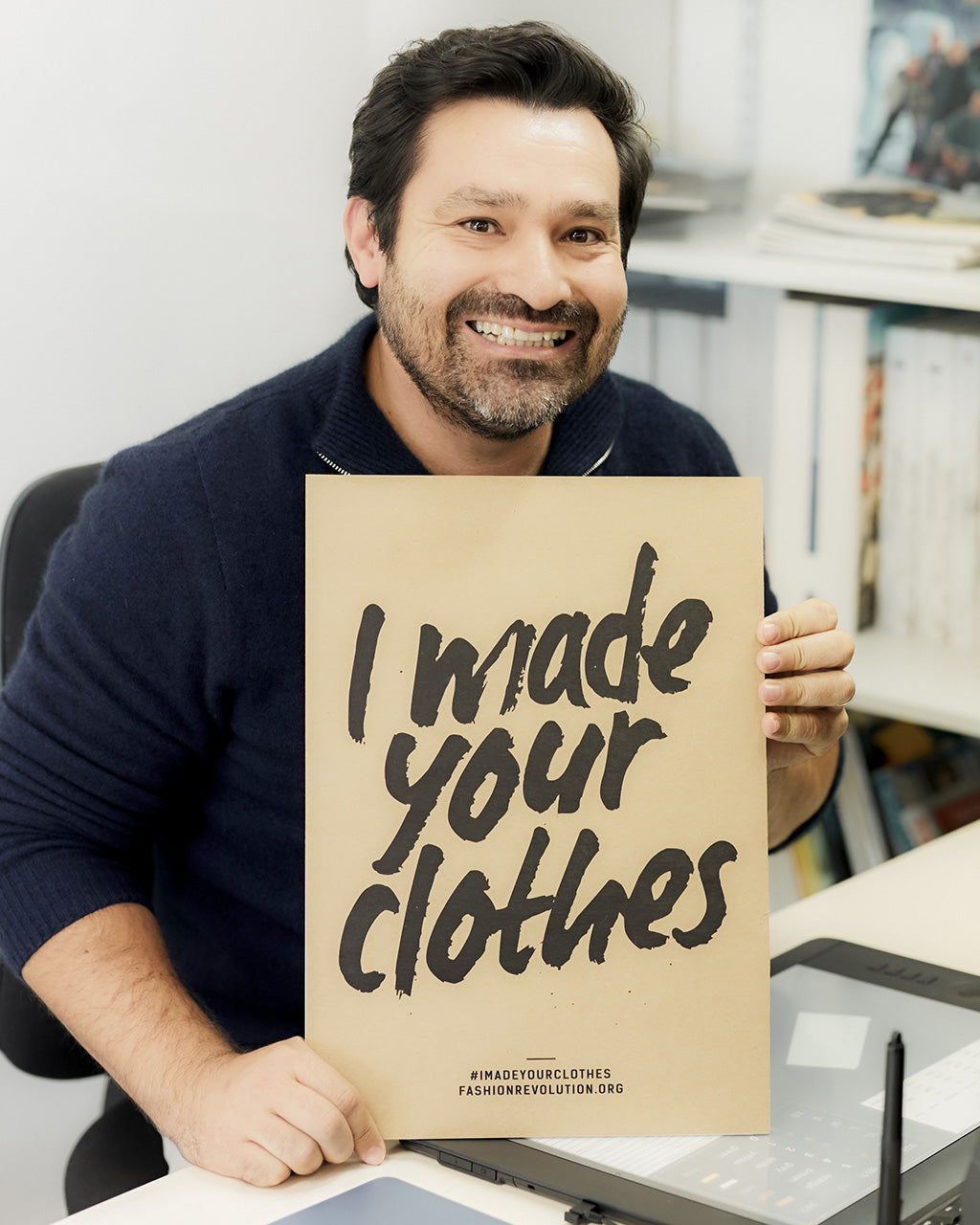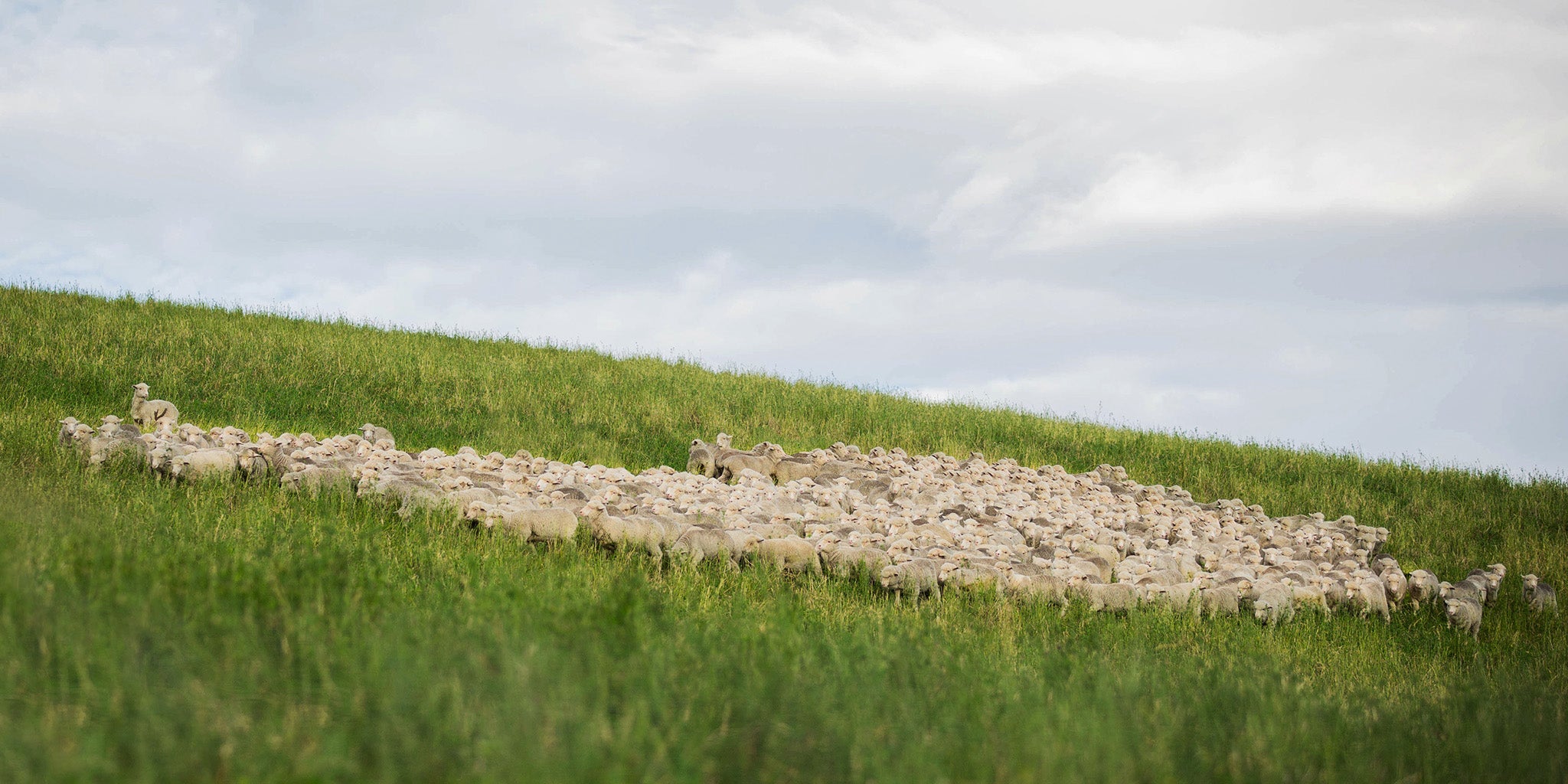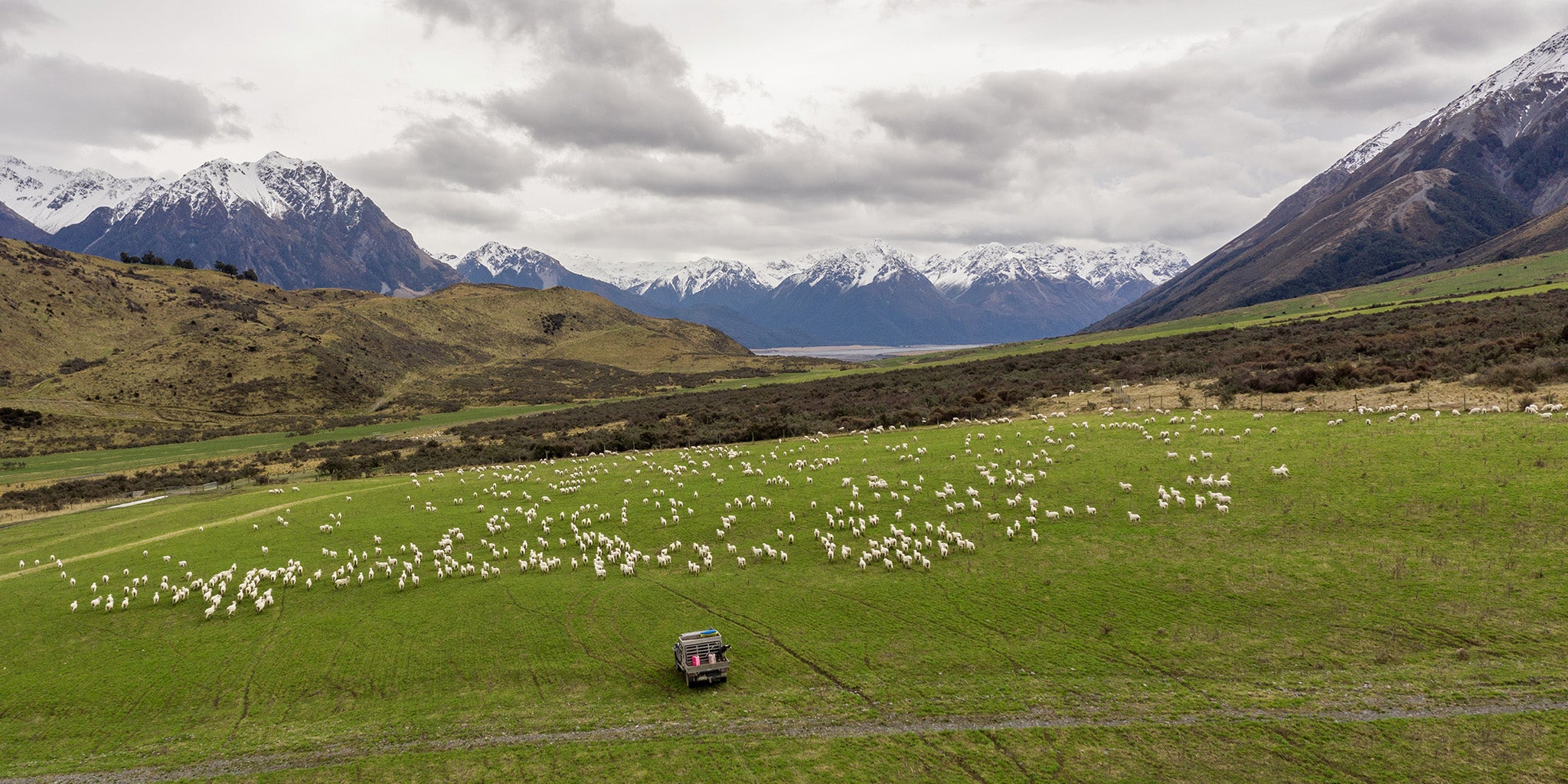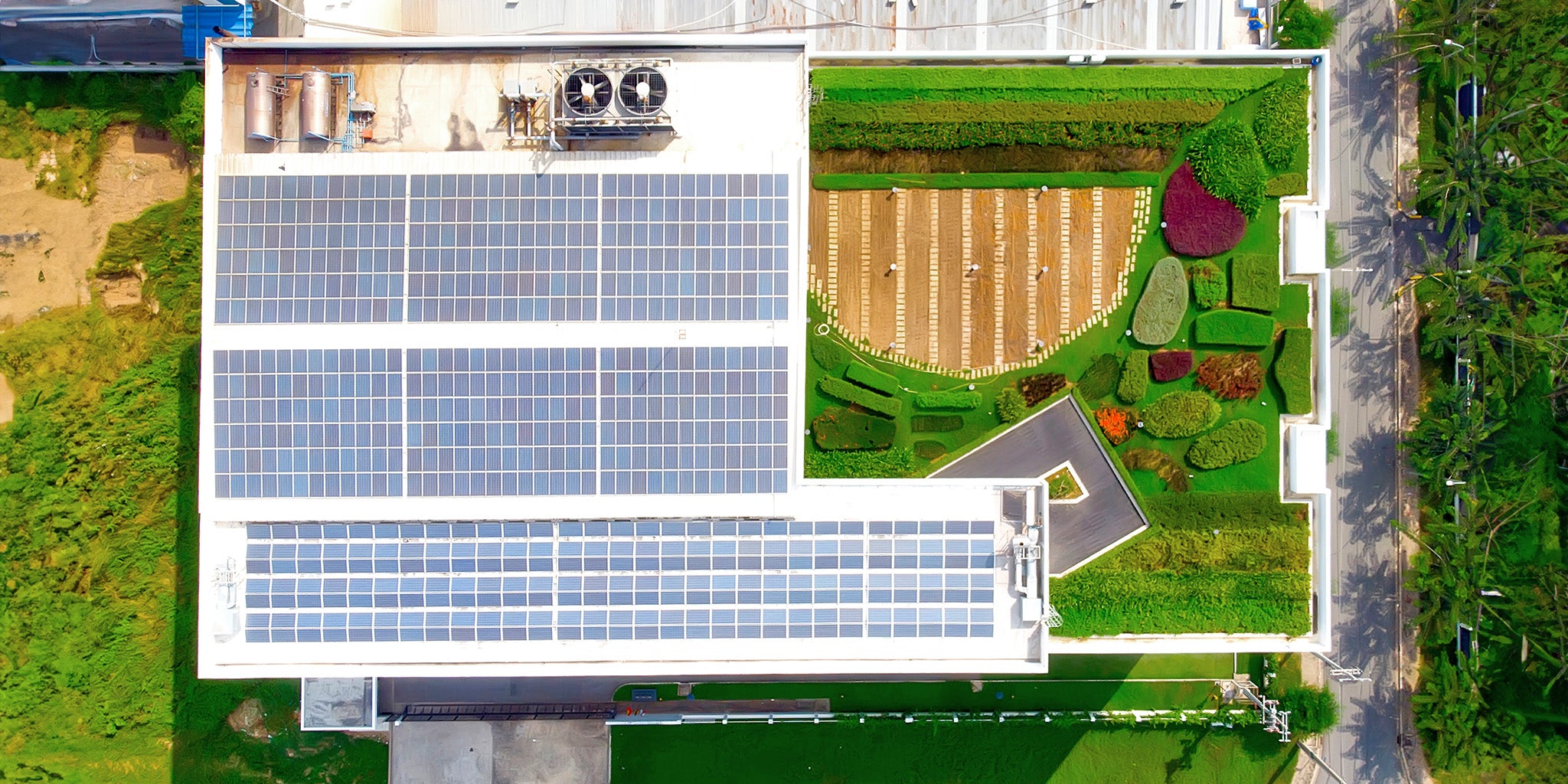We're super proud to make 94% of our collection right here in New Zealand. With much of that created in our own workrooms, our supply chain is simple and transparent. We are lucky to have a team that are more like family (the kind that you would choose), who pour their heart and soul into each timeless piece we make to ensure our quality is second to none.
The small amount we do produce overseas is sustainably made by a few select partners who share the same values and vision that we do when it comes to quality and doing right by people and the planet. We're excited to build this global community of people doing business for good.
Each month we measure our water, energy and waste. We then collate and analyse the data, to see where we're reaching our targets, and where we could be doing better. The results are in for 2024, and we're pleased to say we reduced our waste to landfill by 44%! Our energy increased by 9%, however as our production increased in the same period, our energy used by garment went down by 32%, and our water, similar to energy, went up by 10%, but as a per garment rate went down by 11%. We are also on target to reach our goal of 100% of our textile waste to be diverted into circular initiative by the end of 2025, with just the last 1% left to resolve.
There is still much more work to be done of course. We are currently looking into how we can reduce our water and energy usage. We know that knowledge is power, so we've put in place some education programmes to educate our staff on reducing waste further!
Impact Reports
Documents & Policies
Who Made My Clothes?
Who Made My Clothes is a fashion movement, founded by Fashion Revolution after the Dhaka garment factory collapse in 2013, which took the lives of 1,134 workers and injured thousands more. The initiative aims to create a fashion industry that "conserves and restores the environment and values people over growth and profit".
We are committed to our social and environmental responsibility by doing what we say and being open about how we operate. We want to connect you to the process by putting faces and real lives to the amazing individuals behind our clothes.
Most of the magic is made right here in our Christchurch workrooms by our team of talented individuals. These are the people who make it all possible, supporting our sustainable practices so we can continue on our mission of making a positive impact in the world.
Responsible Partnerships
At Untouched World we choose to work with people who share the same values we do. Our suppliers value their staff, pay fair wages, and have a plan in place to care for our environment. We believe it's important to support our suppliers by negotiating fair order timelines to ensure we're not putting unreasonable pressure on their staff. We agree on making prices that are high enough to cover living wages, increases in cost of living, and extra benefits. Any orders we place are secured with an upfront investment that gives our suppliers certainty and financial support. We fully support industry groups that advocate for labour and human rights across the textile and clothing industry, and we will not partner with any suppliers that support Uyghur forced labour.
ZQ™
ZQ™ is an accreditation programme that ensures all the merino used in Untouched World™ garments is grown to specified animal welfare, environmental, social and economic standards. Most of our merino is sourced from Glenthorne Station in Canterbury, who adhere to a strict no-mulesing policy as part of ensuring the health and welfare of the sheep. Growers follow guidelines governing soil conservation and the use and development of land, air and water resources.
New Zealand's unique high country environment and farming systems produce merino fibre renowned for its impressive range of attributes which give our merino garments their distinctive lightness and soft handle. Here in New Zealand, merino sheep graze on pastures in 'free range' conditions throughout the year. This style of farming suits both the high country environment and the hardy merino breed.
Merino producers have developed the necessary stockmanship, often over many generations, to ensure the health and welfare of their sheep and that the productive capacity of their farms is maintained or enhanced, rather than degraded. Merino sheep are farmed in some of the most beautiful alpine and sub alpine grassland areas. To ensure they stay this way for future generations, farmers have developed systems that produce high quality merino fibre without damaging the environment.
The sustainability of farming is closely linked with the social and economic welfare of farmers, farm workers and communities. The majority of ZQ™ Merino fibre is produced in the South Island's high country where farmers and their local communities have developed a distinctive culture of robustness and resilience, while continuing careful stewardship of the land. ZQ™ provides a transparent traceability scheme that allows us to identify and track ZQ™ fibre back to the farm. This ensures the desired fibre quality is maintained and that product and system integrity is not compromised.
ZQRX
We know that more needs to be done to ensure a positive future for the planet. It's no longer just about producing ethical wool, but wool that is bettering the environment and improving personal and community well-being.
That's where regeneration comes in. ZQRX is a new and improved standard, driving a shift towards a regenerative movement in which growers aim to give more than they take at a meaningful scale.
For some time, ZQ™ growers have been going above and beyond to nurture the earth and restore the resources they work with. ZQRX recognises this hard work, while also identifying next steps and sharing ideas and methods around best practices to drive regenerative outcomes.
Our job, as partners and consumers, is to continue supporting growers like Glenthorne, and set the bar for the rest of the market. Together, we can create meaningful changes that will help to shape a kinder, more positive future, leaving the planet in a better state than how we found it.
Glenthorne Station
90% of the Merino wool we use in our collections is sourced from Glenthorne Station, a ZQ™ certified farm in the beautiful high country, just 110km away from our workrooms. This beautiful piece of unspoilt South Island land is the source of all the merino used in our Mountainsilk™, Total Easy Care Merino and our CoolTree™ collections.
Glenthorne merino is grown to the highest standards of animal, social and environmental welfare and is leading the way in regenerative farming practices.
“Our commitment is to develop Glenthorne as an exemplary high country station promoting sustainability commensurate with its definitively pristine environment and associated values.” — Glenthorne Station (2019)
Our Vietnam Partners
We have spent decades searching near and far for the perfect manufacturer that aligns with our strict ethical and sustainability standards. Our Vietnam suppliers go above and beyond to meet our requirements, while delivering the same quality that you can depend on with every Untouched World garment. They are certified by Betterwork, a collaboration between the United Nation's International Labour Organization (ILO) and the International Finance Corporation (IFC) - a comprehensive programme bringing together all levels of the garment industry to improve working conditions and respect of labour rights for workers.
They create all our CoolTree™ garments as they are equipped with 14 to 18 gauge machines that allows us to offer you the ultrafine knitwear that we don't have available in-house. Their innovations don't end at the products, with their state-of-the-art manufacturing complex setting standards in sustainability. They have earned Platinum status under both the US Green Building Council (LEEDS) and the Vietnamese LOTUS accreditation system, making it Vietnam's very first LEEDS accredited plant.
The building uses 30% renewable energy and boasts a rooftop garden, which supplies fruit and veggies for staff meals. Their rainwater harvesting system accounts for a 60% reduction in their production water consumption and they use 100% recycled water for landscaping.
The building is fully ventilated and disabled-access friendly to support equal opportunities. Staff receive a living wage and are given access to parking spaces and a communal canteen.











